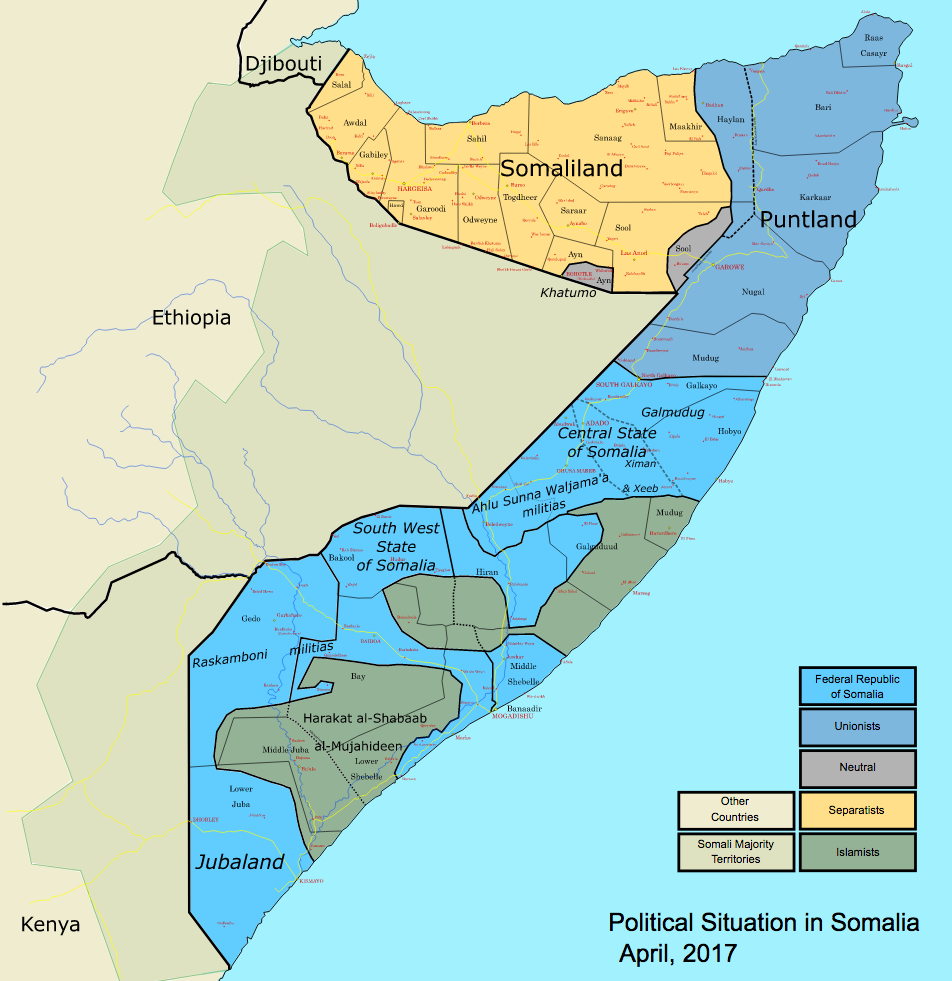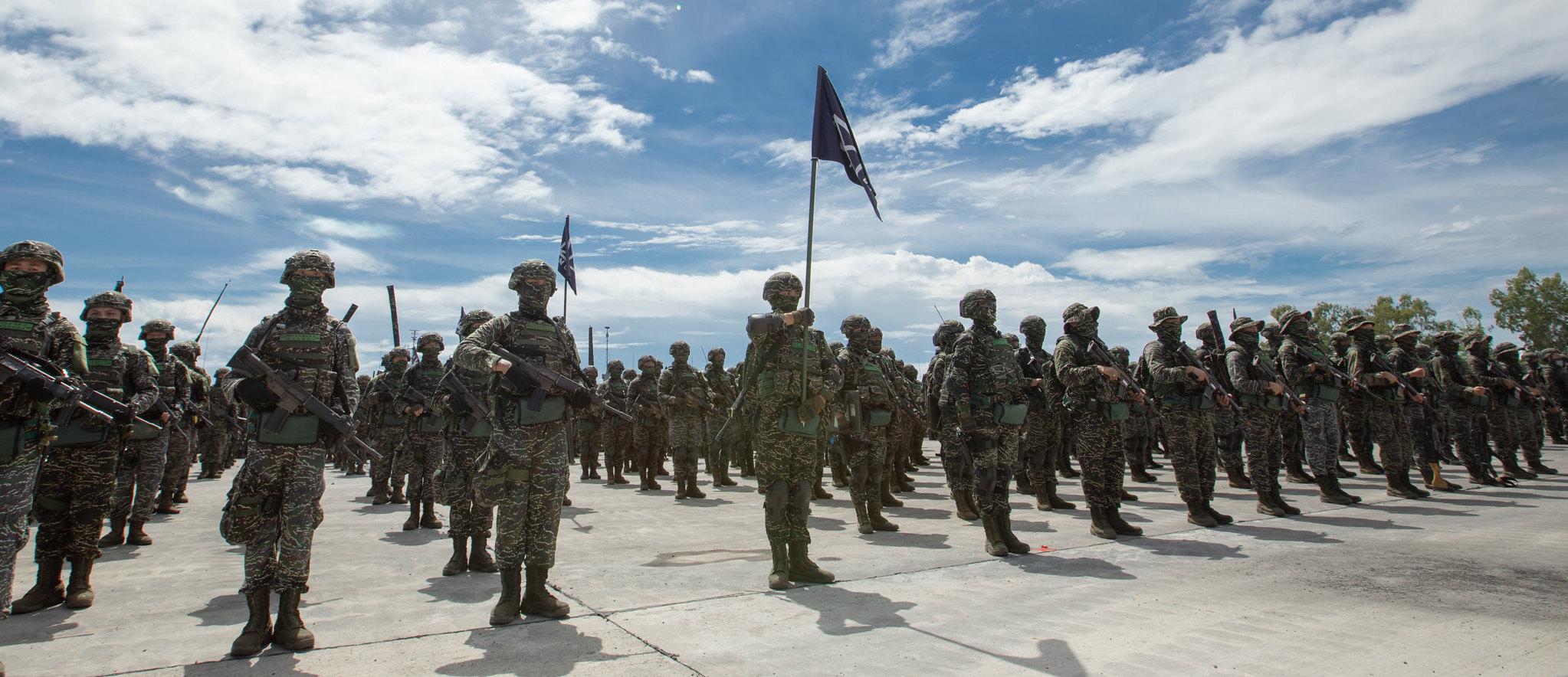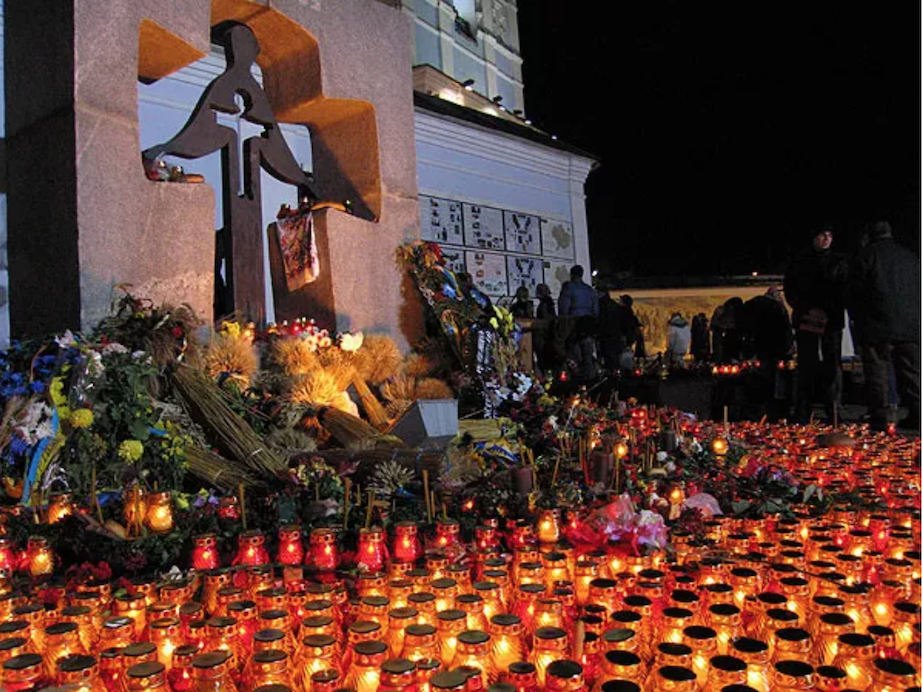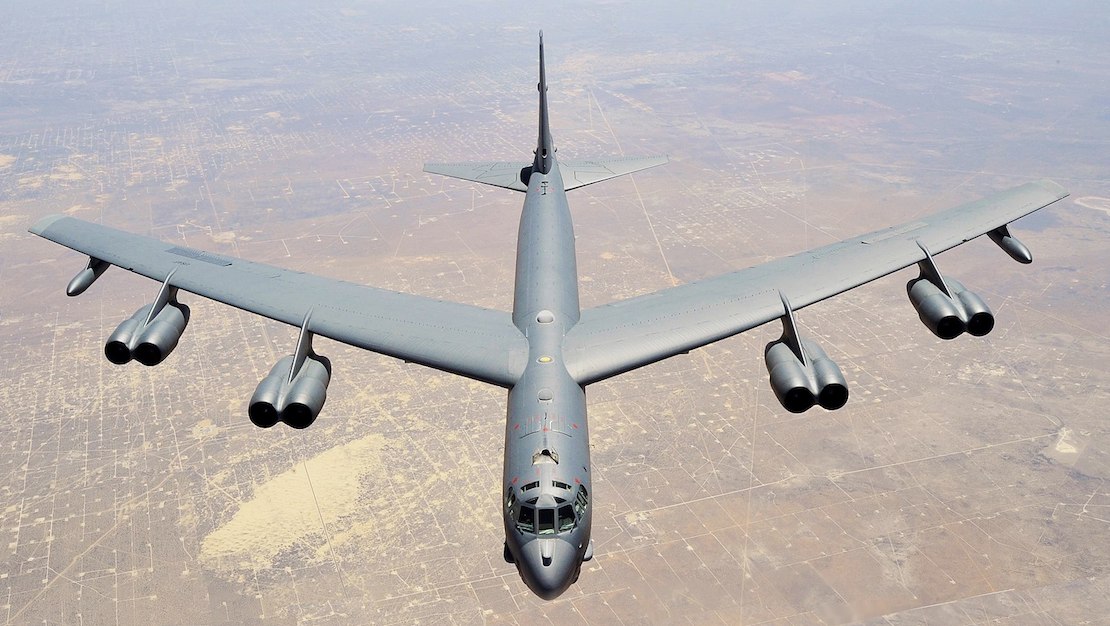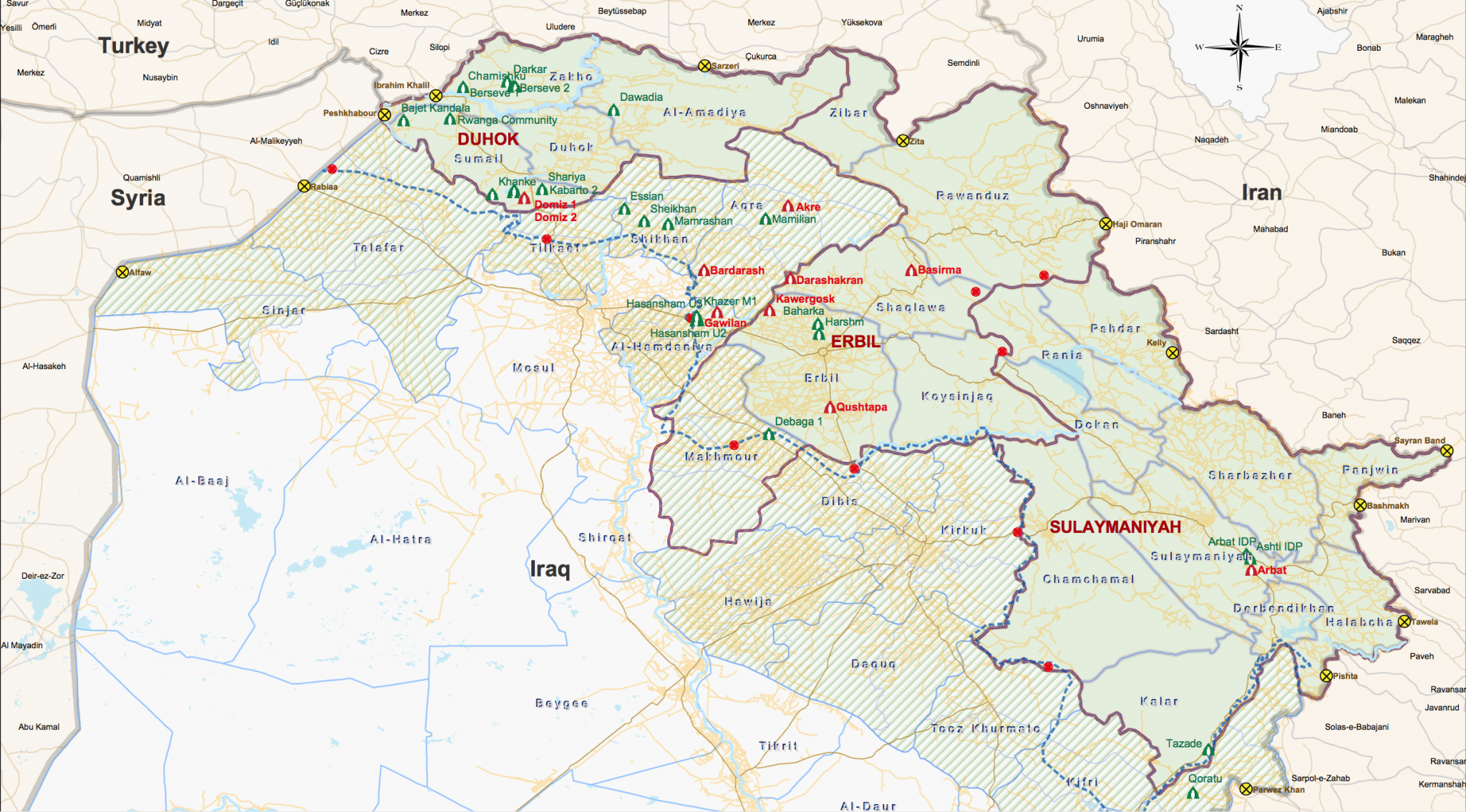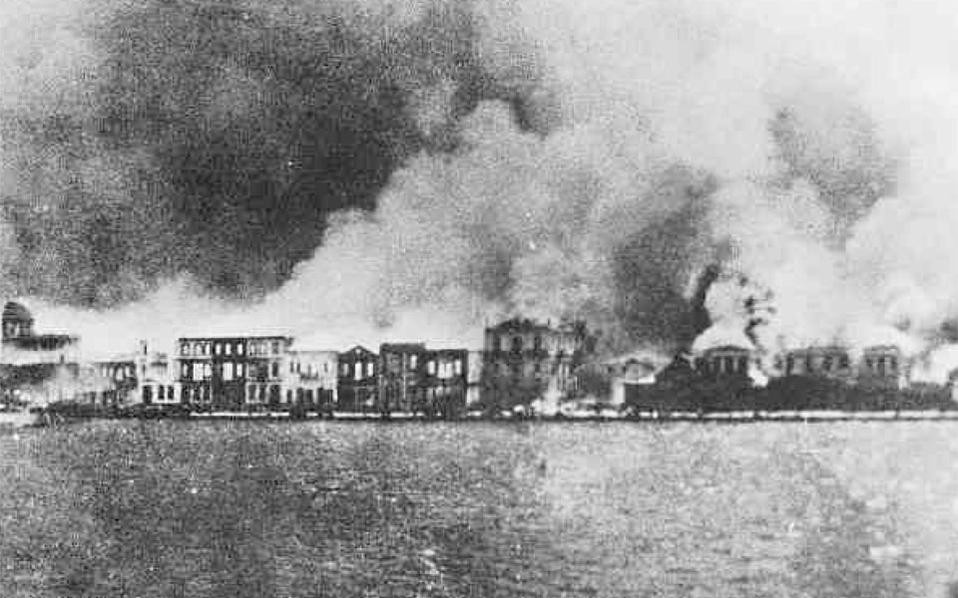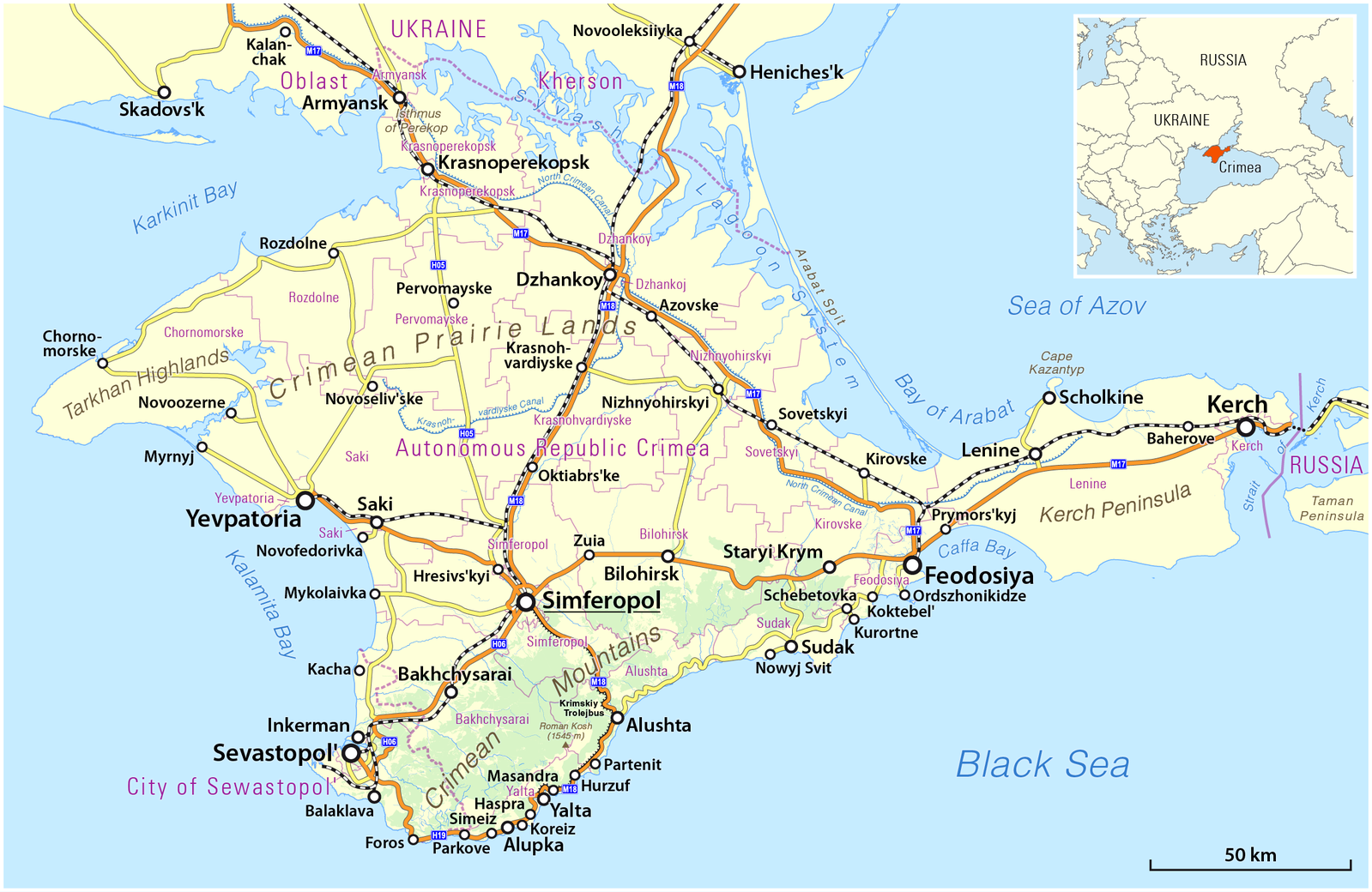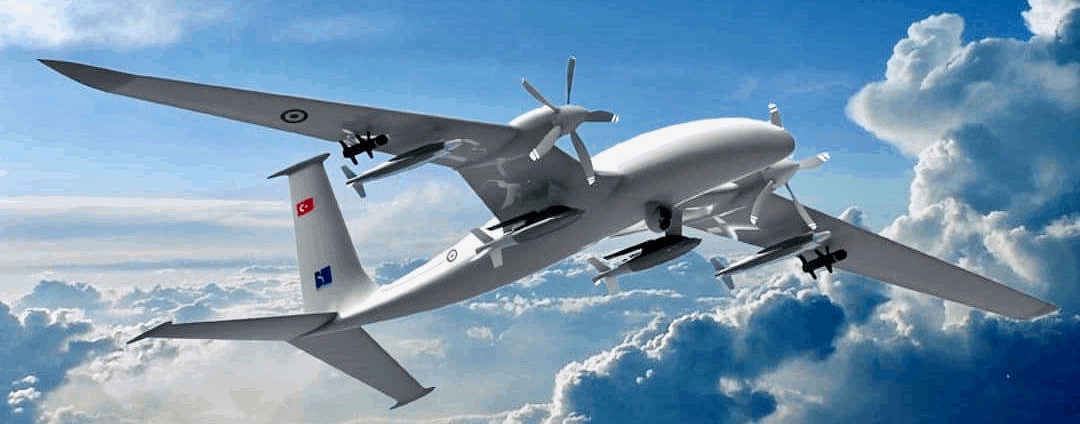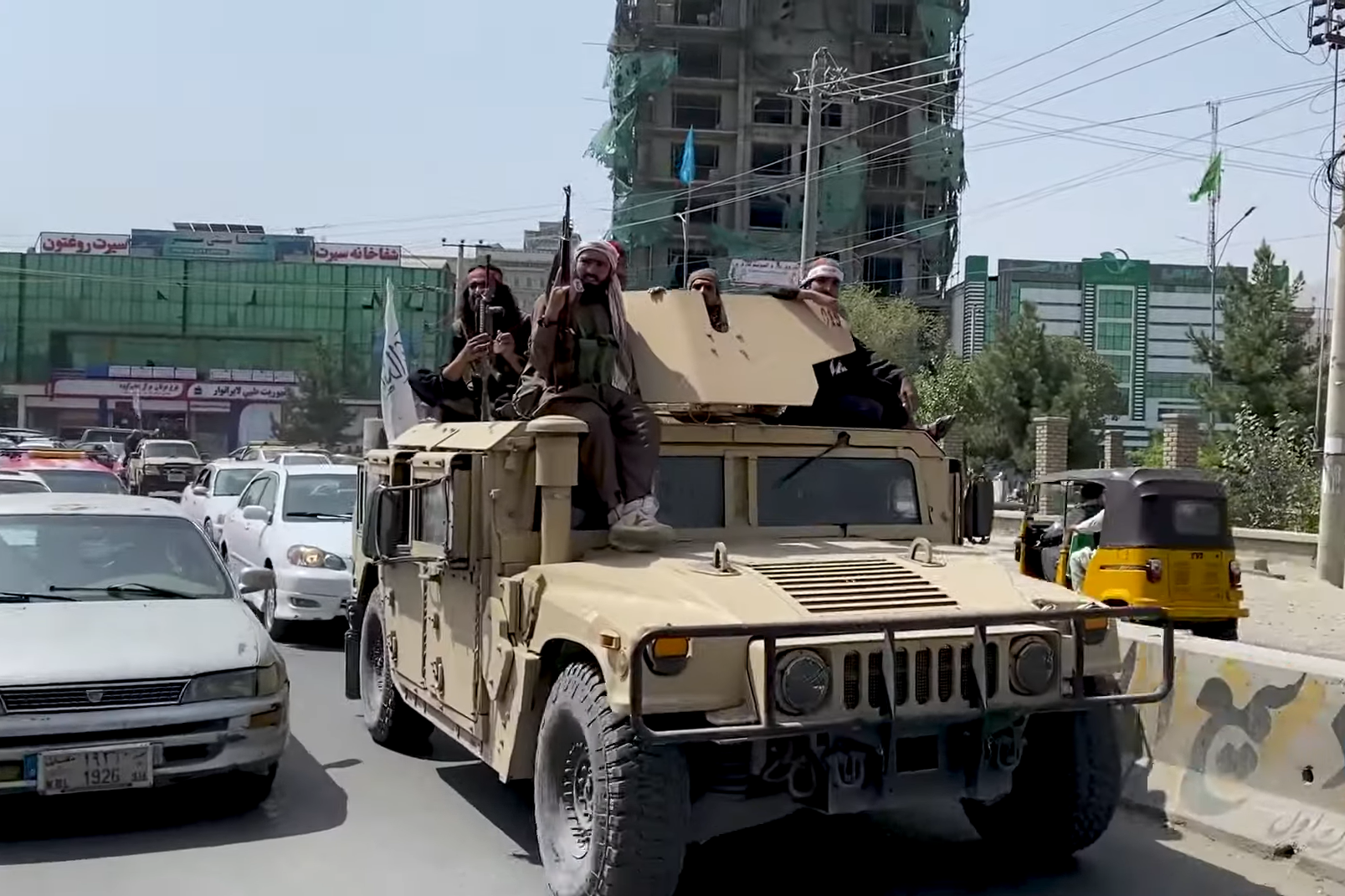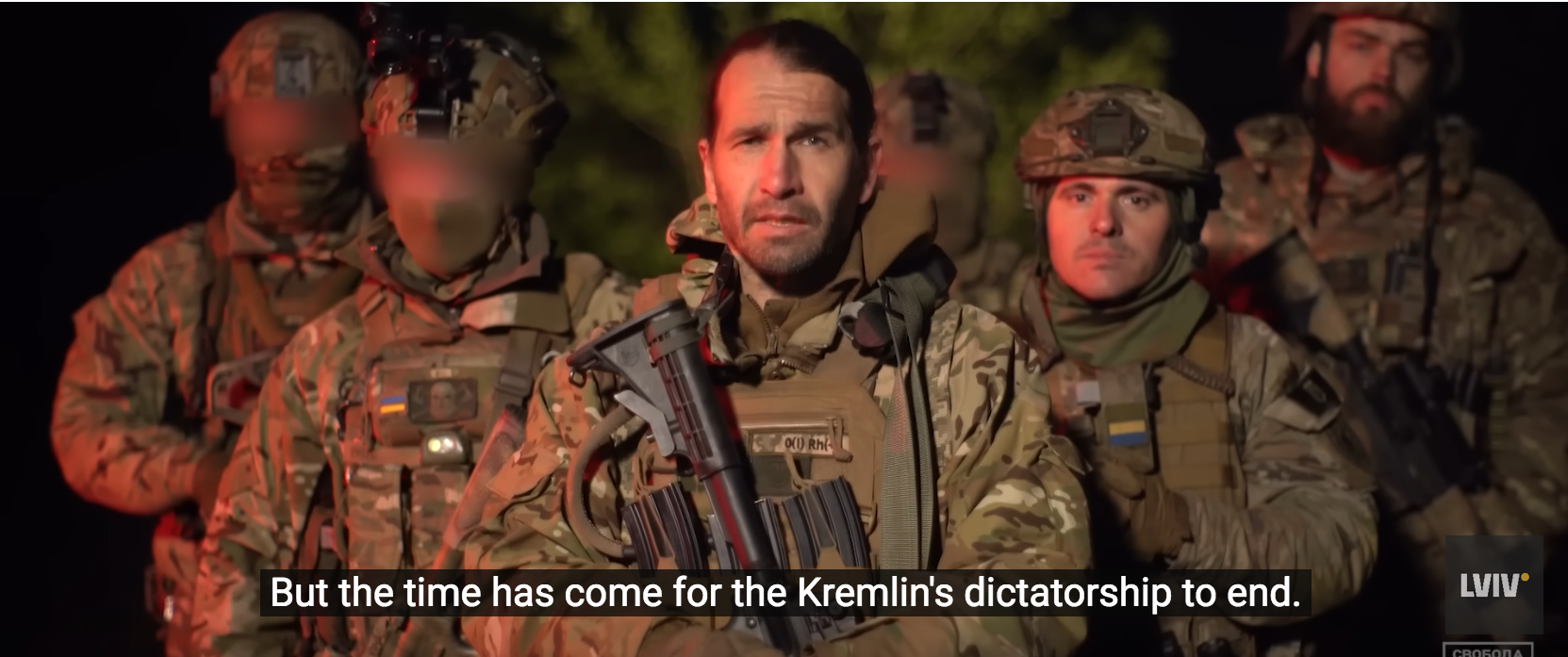
What is the Freedom of Russia Legion?
Fighters in armored vehicles crossed into Russia from Ukrainian territory and seized a town in Belgorod oblast. They were only driven out after Russian forces responded with fighter planes and artillery. Two groups claimed responsibility for the raid, both said to be made up of Russians who are fighting for Ukraine. One is the self-proclaimed Freedom of Russia Legion, which released a video message to coincide with the attack, calling on Russians to take up arms “to put an end to the Kremlin’s dictatorship.” The other is the Russian Volunteer Corps (RDK), characterized as far-right nationalists—although this does raise the question of why they are fighting for Ukraine. (Image: LvivMedia via YouTube)



